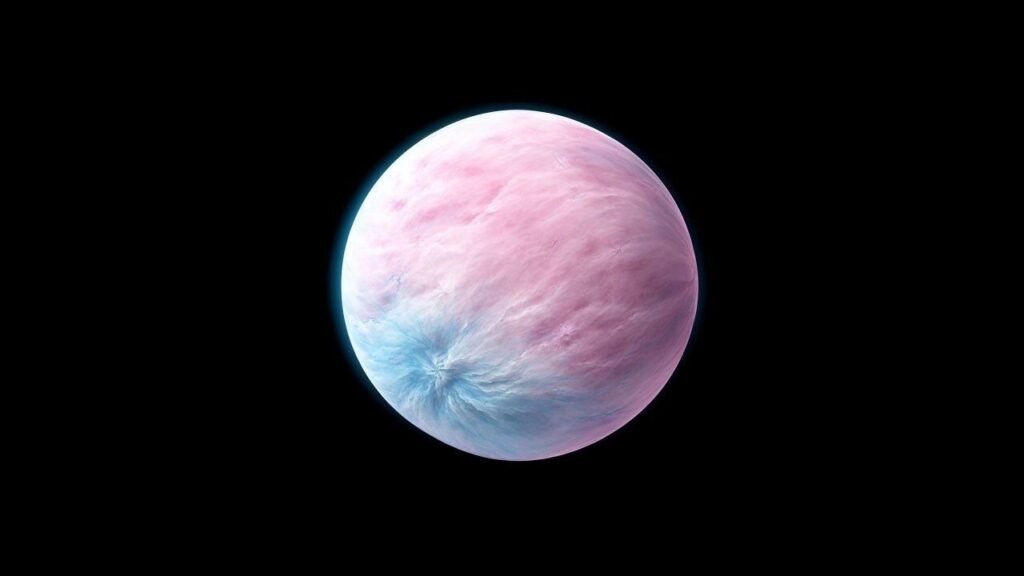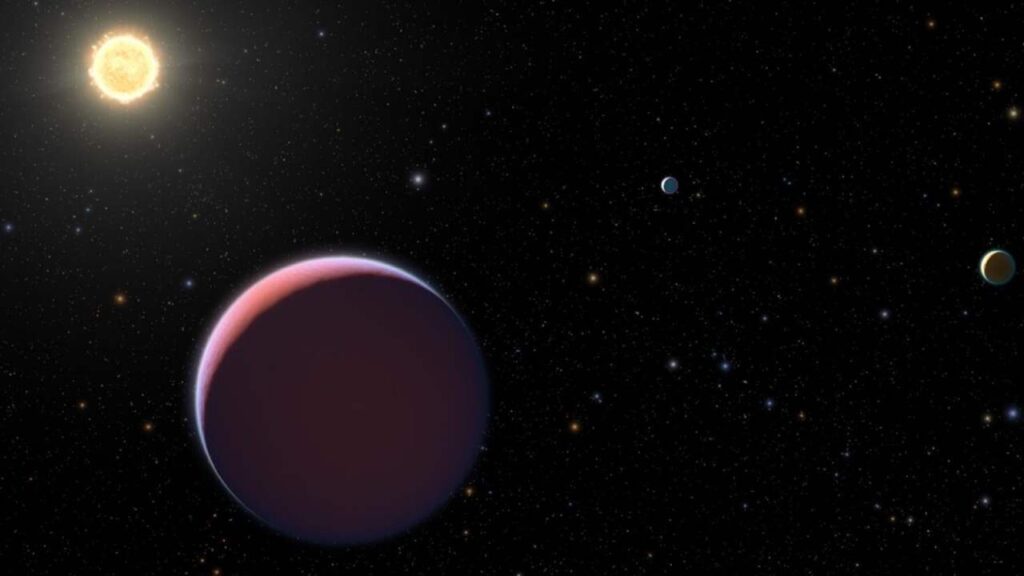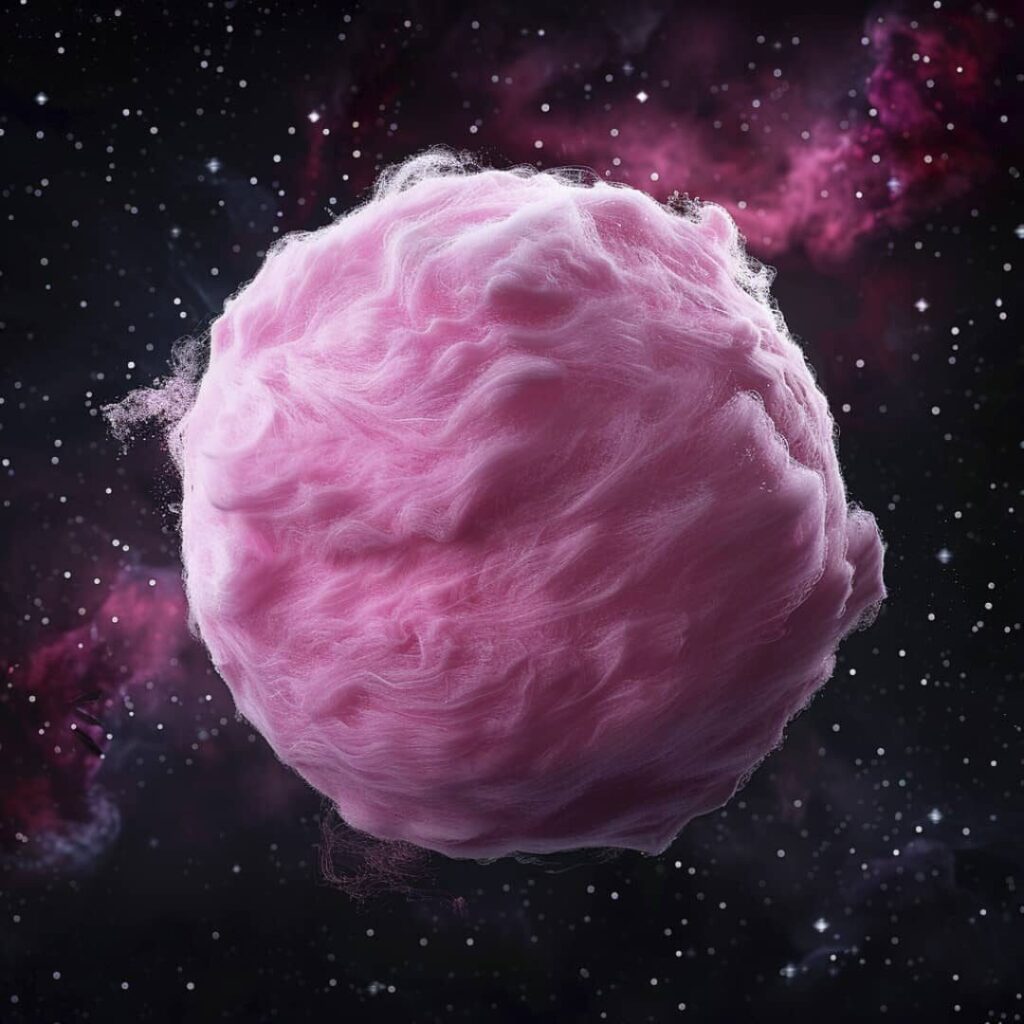While we haven’t discovered a literal cosmic cotton candy, the recently identified planet WASP-193b is one of the most peculiar exoplanets we’ve encountered to date. Here’s why this intriguing planet has captured the attention of astronomers worldwide.

The Discovery of WASP-193b
Astronomers using the Wide Angle Search for Planets (WASP) survey have identified WASP-193b, a gas giant that defies our conventional understanding of planetary characteristics. This exoplanet orbits a star roughly 1,200 light-years away from Earth in the constellation Lynx.
What Makes WASP-193b Unique?
WASP-193b stands out due to its extremely low density, earning it the nickname “cotton candy planet.” Despite being about 50% larger than Jupiter, it has only about one-tenth of Jupiter’s mass. This makes WASP-193b incredibly light for its size, with a density comparable to cotton candy.

The Atmosphere and Composition
The planet’s peculiar density suggests a very fluffy atmosphere, possibly composed of hydrogen and helium, with only a small amount of heavier elements. This low-density nature implies that WASP-193b’s atmosphere is extended and diffuse, making it look much larger and puffier than other gas giants.
Challenges in Understanding WASP-193b
The discovery of WASP-193b poses several questions for astronomers. How did such a low-density planet form? What processes allow it to maintain such a puffy atmosphere without dispersing into space? These questions challenge existing models of planetary formation and atmospheric retention.
The Importance of Studying WASP-193b
Studying WASP-193b provides astro

Future Observations
Further observations of WASP-193b are planned to uncover more details about its atmosphere and potential weather patterns. Missions such as the James Webb Space Telescope could provide more in-depth data, helping to unravel the mysteries of this cotton candy-like planet.
Conclusion
While WASP-193b may not be a literal cosmic cotton candy, its discovery is a fascinating addition to our catalog of exoplanets. Its unique characteristics challenge our understanding of planetary formation and offer exciting new avenues for research. As we continue to explore the universe, discoveries like WASP-193b remind us of the incredible diversity and complexity of the worlds beyond our own.

